Gardner Denver partnership news
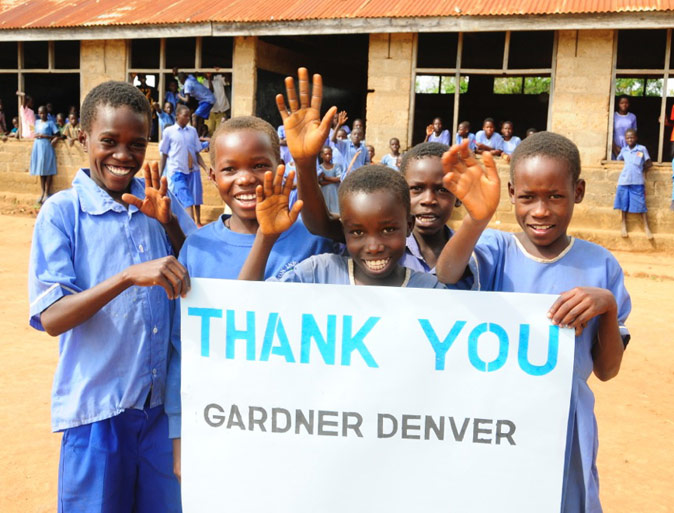
Industrial machinery giant Gardner Denver has donated a state-of-the-art drilling compressor to Drop in the Bucket! This top of the line compressor has found a new home at our compound in Soroti, Uganda, and will be instrumental in speeding up water drilling efforts. Thanks to this partnership, we will get more women off the path […]
Sean’s lemonade stand

Sean decided to set up a lemonade stand to benefit “Drop In The Bucket” over the summer. His little sister, Isabella, helped too. He even had a mascot! On separate weekends, Sean set up stands at: City Hall Park: At his old public school: At Rockaway Beach And he even educated tourists about “Drop In […]
Norah Aligoyi
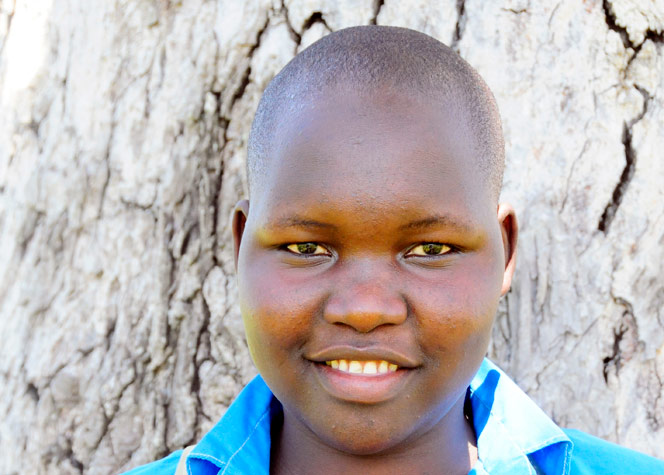
Norah Aligoyi is 18 years and is in Grade Seven at Aakum Primary School in Katakwi district of Eastern Uganda. She has one brother and one sister. They all walk about one mile each day to get to their school. At school, they had to walk another mile to get to the nearest water source. […]
Soap For South Sudan

Recent violence in South Sudan has resulted in an estimated 10,000 deaths and over 950,000 people being forced to flee their homes. Right now these people are now living in temporary shelters called internally displaced persons (IDP) camps which have been set up in or around South Sudan. The IDPs often contain over 50,000 people […]
Holiday cards now in stock
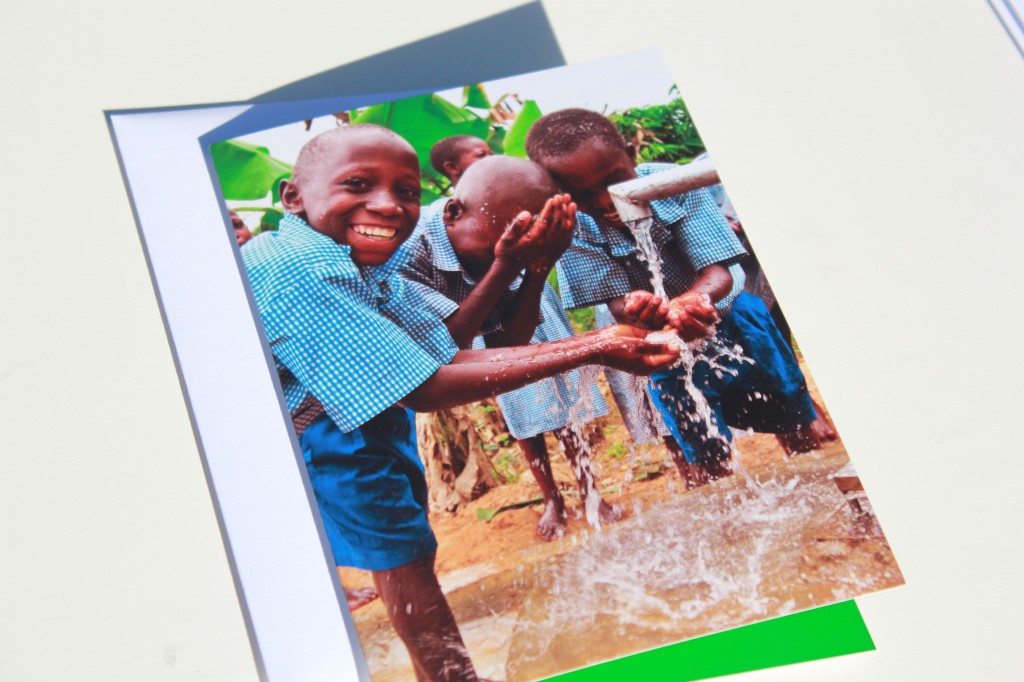
It’s that most wonderful time of the year, and the stores are all about to be filled with people frantically shopping for that perfect gift for that special someone. This year you can avoid the crowded stores and pick up the perfect gift without having to brave the traffic or the cold weather. We are […]
Laughter is the Best Medicine Benefit Show

Having been a huge Mighty Boosh fan for over a decade, I was beyond excited when Noel Fielding agreed to perform for our charity Drop in the Bucket. Then when I was told that all of The Mighty Boosh would be performing, I almost dropped the phone in shock. Bobcat Goldthwait was hilarious and after […]
International Day of the Girl 2013
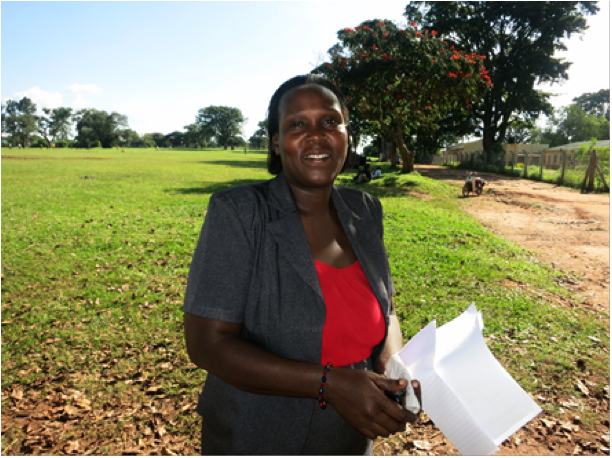
Gulu High School is a mixed boarding school in northern Uganda, with a population of 1065 students: 464 girls and 601 boys. In 2007 Drop in the Bucket first visited this school and found that near the main part of the school there were only toilets for the boys. The girls had to either walk […]
Abdallah Linos’ story
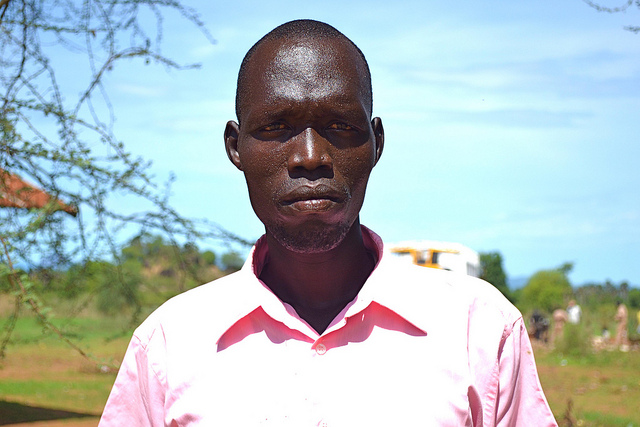
Abdallah Linos is 31 years old and works as a teacher at the Oguruny Primary School in the village of Oguruny in South Sudan. He has been teaching at the school since 2010. The school has only six classes, P1-P6, with 408 pupils. When the civil war broke out, Abdallah left the village to live […]
In Honor of Mother’s Day
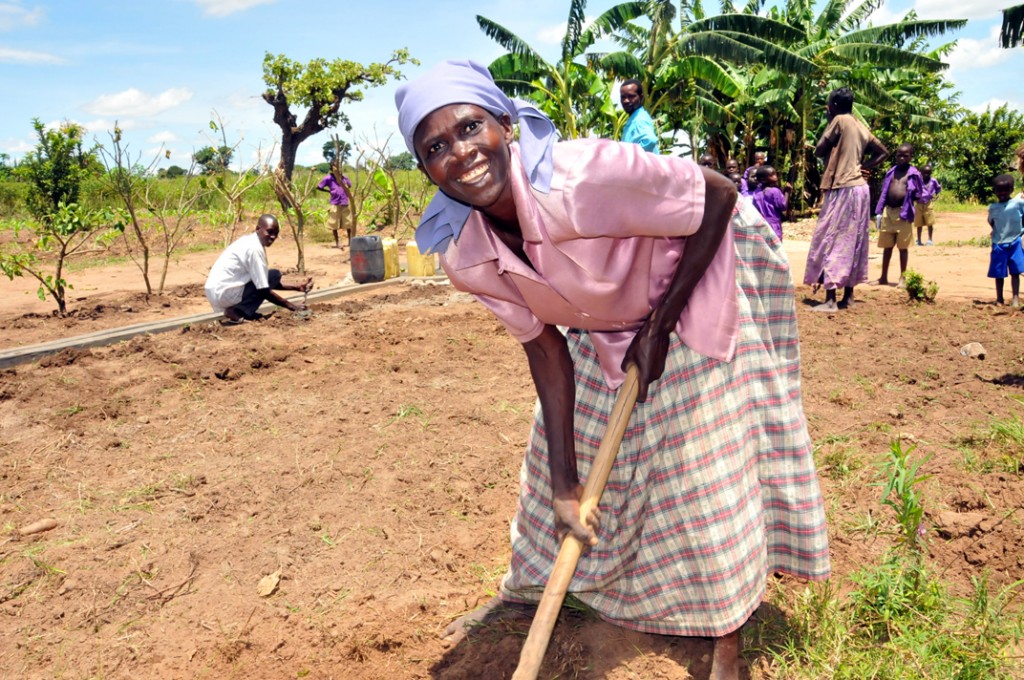
I recently watched a segment of the HBO show Vice about the Fat Farms of Mauritania. In it, a reporter traveled to the West African country to profile the ancient practice of brutally force-feeding young girls to fatten them up to make them more attractive for marriage. In their culture, a fat woman is seen […]
Day Middle School Temecula & Skyetime
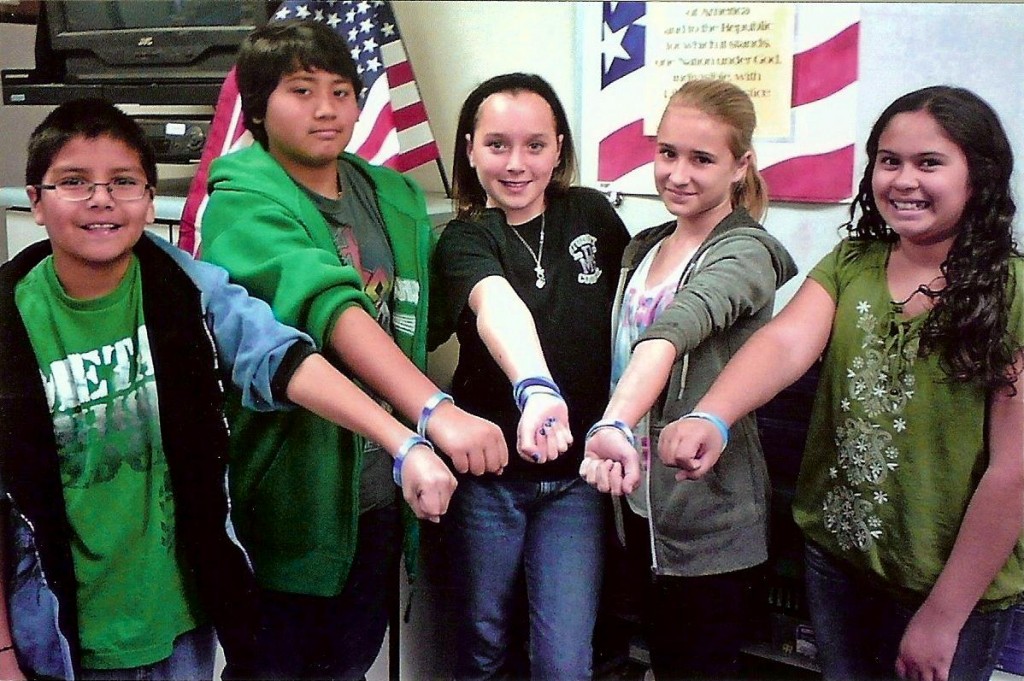
Students from the Day Middle School in Temecula, CA decided to help children in Africa gain access to clean water after learning about the water crisis from Skye McNeil, founder of the website Skyetime.com. She explained that children in Africa spend hours every day walking 6 to 7 miles to fetch water for their families […]
